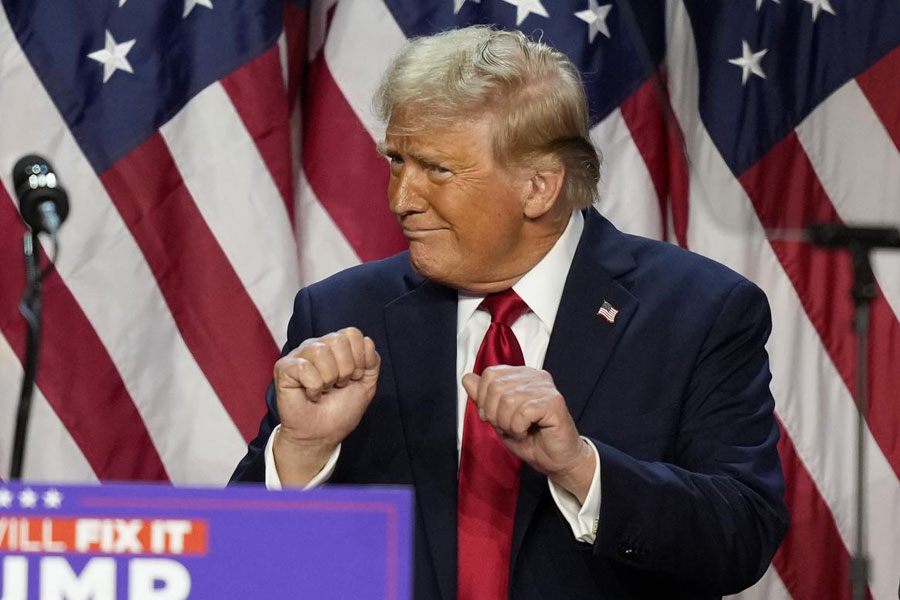Leaders of the world’s largest economies and most influential global bodies gathered this week in Rio de Janeiro, Brazil, for the annual G20 summit. Yet, in a world riven by multiple wars, ravaged by climate change, and devastated by inequality and hunger, the two-day conclave ended up, in essence, serving as an exercise in saying nothing at all. As with the G20 Leaders’ Summit hosted by India last year, the conclave's big success was that countries otherwise divided on how to tackle the planet's biggest challenges managed to agree to a joint declaration. But while that document called for an end to the war in Ukraine, more aid to Gaza, and increased collaboration against climate change, it offered no meaningful roadmap towards accomplishing any of these goals. By sticking to generalities rather than specifics at a time when the world is desperate for leadership, the G20 struck a blow to the credibility of a platform that in the aftermath of the 2008-09 financial crisis had played a key role in reviving the global economy. The G20 did not expressly condemn either Russia for its war on Ukraine or Israel for its mass killings in Gaza. Nor did it lay down any new ambitious target for the world's leading economies to pull the planet back from the brink of the climate catastrophe.
The spectre of a dramatic change that is imminent in the United States of America would have undoubtedly stalled some of the more concrete commitments the G20 could have made. With president-elect Donald Trump set to take office, once again, in January, the US appears poised to weaken climate regulations and step back from a leading role in global affairs. Like the rest of the world, the G20 appears to have decided to wait and watch Mr Trump for now instead of committing to any ambitious new plan that it might need to put on hold under Mr Trump’s administration. Prime Minister Narendra Modi, meanwhile, used the sidelines of the summit for important bilateral meetings with other world leaders. But as Brazil hands over the leadership of the G20 to South Africa for the coming year, the Rio summit has revived a question at the heart of geopolitics today: can such multilateral groupings actually represent the world and lay down global rules for everyone to follow when their most powerful members themselves flout international law with impunity?











